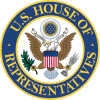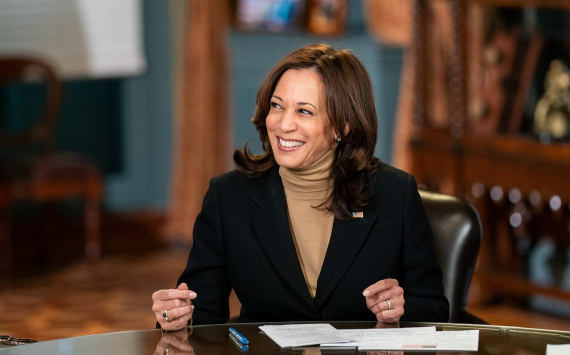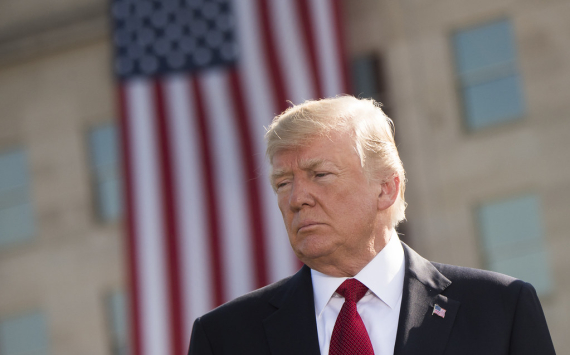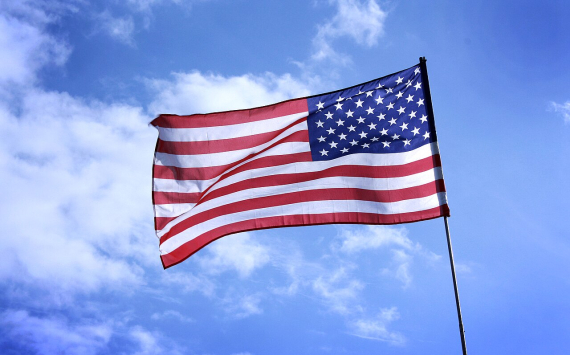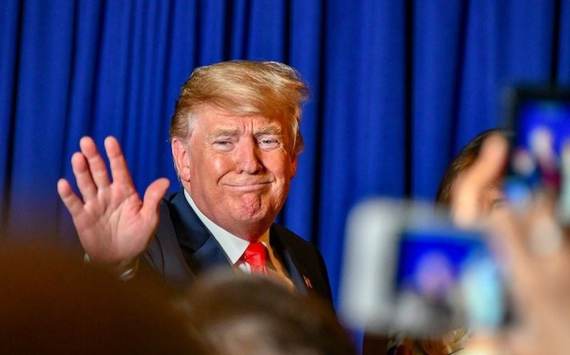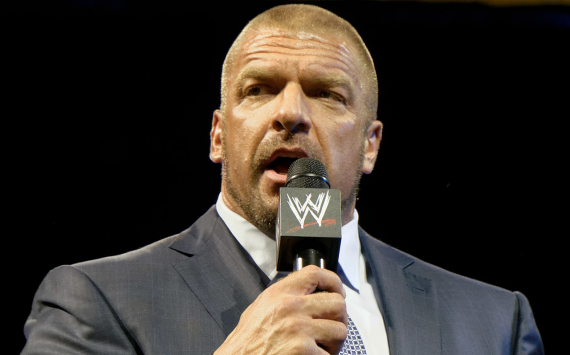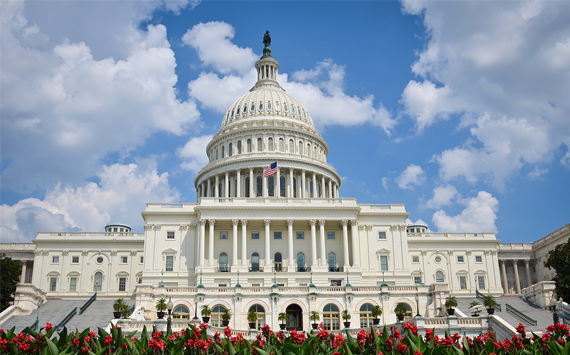
Handing out money
The US House of Representatives (HOR) has approved the idea of handing out two thousand dollars each to Americans, with a majority voting in favour of the initiative to increase direct payments to citizens as part of a national economic stimulus.
There were 275 lawmakers in favour and 134 against the initiative.
The American economic stimulus bill, signed into law by US President Donald Trump, is for $900 billion. It includes an increase in payments to citizens from $600 to $2,000. Congress has separately considered the increase in direct payments. The House of Representatives, by voting in favour of the initiative, effectively fulfilled Trump's demand.
On 28 December, current US President signed a bill for a massive bailout package for the US economy. The payout would increase from $600 to $2,000, and $600 would be handed out for children instead of $300.
Direct payments are intended for people with incomes under $75,000 a year, and the package also includes subsidies for companies in the hardest-hit industries (at $284 billion). The new package will also help the transport industry (including $15 billion for airlines), schools ($82 billion) and universities, as well as vaccines and food. Some $284 billion will be available for affordable loans for small businesses.
The new support package will be the biggest since the US government passed at the height of the first wave of the pandemic: in March, US authorities allocated 1.8 trillion dollars to fight the crisis. At the time, 70 million Americans received benefits amounting to $1,200. Before the presidential election in November, the House of Representatives and the White House discussed another package for two trillion, but were unable to agree.


